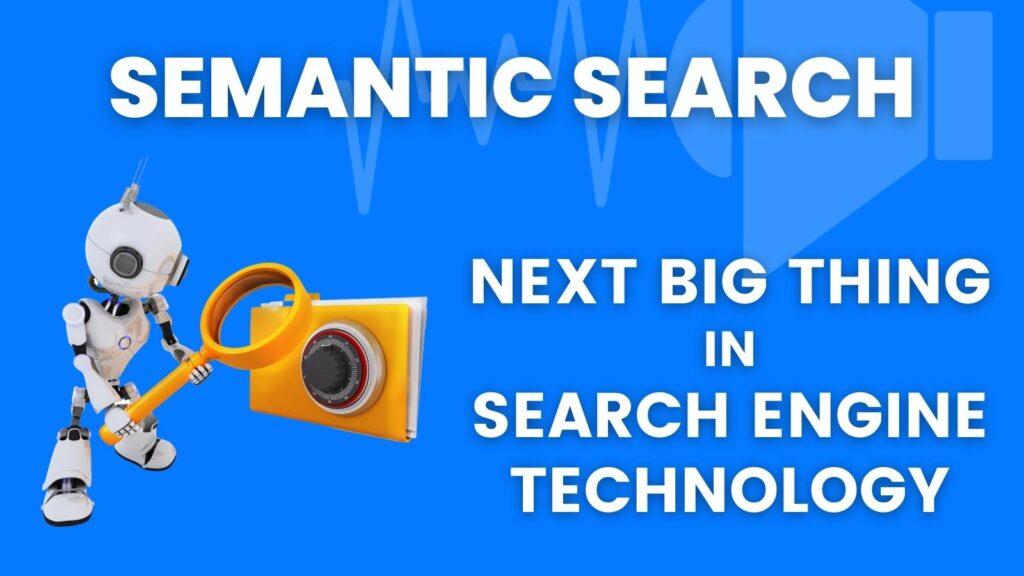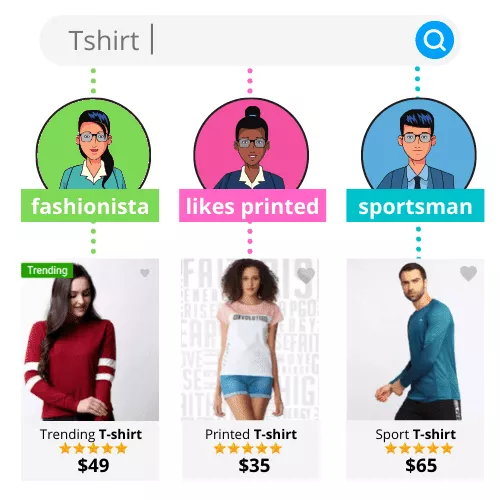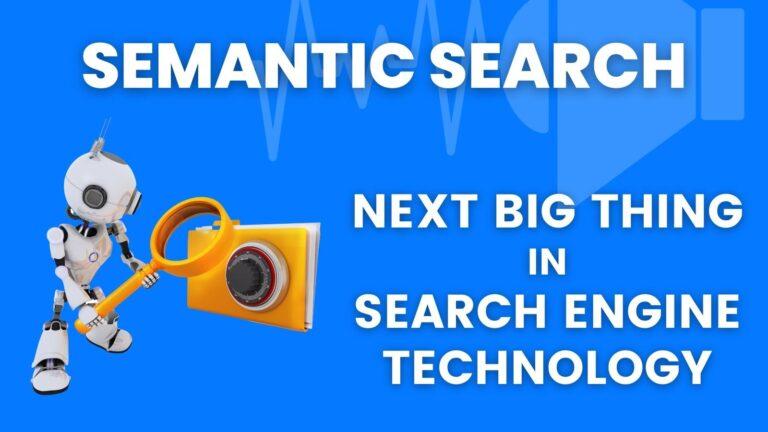As a result of semantic technologies, search has seen a tremendous shift in recent years. Because users increasingly anticipate that search engines interpret natural language and draw meaning from what they input, search algorithms are working harder than ever to meet this need.
As a result, semantic search allows users to spend less time searching and more time finding new information with the most accurate result. In this article, you’ll learn what semantic search is, how it works, and how it can benefit your website.
What is Semantic Search
Semantic search refers to finding information based on the context and intent of the searcher rather than the dictionary definitions of the search terms themselves. The semantic search seeks words and phrases closely connected to the search term entered by the user to discover what the user means when using it.

Let’s assume you asked Google, “Who is the strongest animal on earth?” A search engine will answer your inquiry based on the presumption that you are looking for the strongest animals rather than precise matches of the word you’ve written. That’s how you obtain the first result, “Dung Beetle,” which is actually the strongest animal on earth.
How Semantic Search Works
When it came to determining the content’s significance, search engine algorithms relied only on keywords for years. For content creators, this meant ensuring their keywords aligned with the actual search terms being entered into online search engines.
We used to be short on technology, but today we have a lot of it. We must remember that each day brings a new set of technology to the table. Semantic search is becoming more and more significant because of this fact.
Semantic search is based on the searcher’s purpose and the semantic meaning of the terms they use. Search engines must use both aspects to understand natural language more precisely or in a more relevant context.
Benefits of Semantic Search for Your Website
More personalized results

No longer will it be enough to treat all customers the same way. In today’s market, consumers are increasingly demanding customized experiences. Personalization is provided through semantic site search. For example, if they’ve looked for sweatpants and running trainers, they might favor sportswear for future search results. It may also be able to direct them to a local store if they’re on the go and have their mobile device with them. These are the kinds of features that will keep customers returning to your site.
Rates of conversion will increase
Your conversion rates will rise if your search engine produces relevant results the first time. It’s more probable that customers will buy from you if they can locate what they need fast and simply on your site. With semantic search bars, cart abandonment rates are just 2 percent, but those on non-semantic search sites are as high as 40 percent.
Customers are more likely to stick around and continue shopping on a website if they have a positive experience from the moment they land on the page until they make a purchase. After that, they will discover additional products that pique their interest, even ones buried deep within your catalog. And before you know it, your number of sales has increased even further.
Good user experience

Consider the factors that contribute to a pleasurable web browsing experience — an easy-to-use interface that is welcoming and intuitive, as well as relevant and uncluttered results. Searching for a website using semantics accomplishes precisely this goal. Searching has never been easier, thanks to search tools like autocorrect and autocomplete.
Just type what you’d say out loud into the search box, and it will respond. No more guesswork! You’ll get the most relevant results since it can understand the context of your search and deduce your intent.
People are more likely to stick around if they have semantic search available. They won’t need to go back to Google if your search tools provide the same ease of use.
Get Better Conversions with Semantic Search
Product discovery on your website can be improved by taking specific actions beyond Google search. Recognizing product categories, suggesting comparable items, as well as allowing for autocorrect and completion are all part of this functionality.
Building a semantic search engine for your website can be time-consuming and difficult. Choose an option that doesn’t require in-depth coding knowledge to make your life easier. Expertrec can help with this.
Its semantic search capabilities ensure that your consumers can find exactly what they are looking for, rather than just the results of their own searches.




